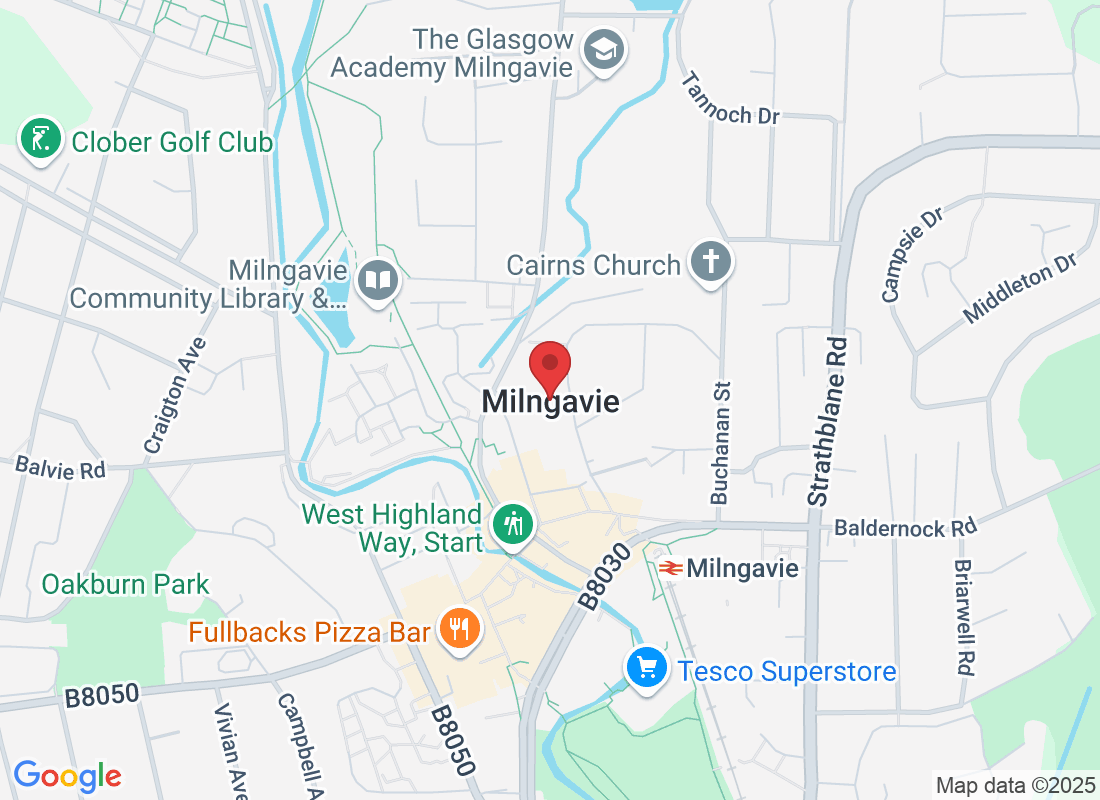
5 Everyday Signs You Might Be Struggling to Swallow Safely
Swallowing is something we often take for granted—until it becomes difficult.
But not all swallowing problems are obvious. In fact, many people live with signs of dysphagia (difficulty swallowing) without realising they need help.
If you or someone you care about has been feeling nervous around mealtimes, here are five everyday signs that may mean it’s time to seek support.
1. Coughing or Choking During Meals
One of the most common warning signs is coughing, spluttering, or choking while eating or drinking.
This may happen:
When drinking water or thin liquids
With certain textures of food (like rice or bread)
Randomly, even with soft foods
It might seem like “just a tickle” or being “a bit clumsy,” but regular coughing during meals can mean food or drink is going down the wrong way—into the airway instead of the stomach.
2. Wet or Gurgly Voice After Eating or Drinking
Does your voice sound wet, gurgly, or hoarse after a sip or bite?
This is a subtle sign that liquid might be sitting near your vocal cords. If it slips into your lungs, it can lead to chest infections or pneumonia—a serious risk if left untreated.
3. Clearing Your Throat Often
Throat clearing might not seem serious, but if you’re doing it repeatedly during or after meals, it could be a red flag.
You may feel like something is stuck—or like you can’t quite “get rid” of a sensation after swallowing.
This is often your body trying to protect your airway.
4. Feeling Like Food Gets Stuck or Goes Down Slowly
Some people describe this as:
“Food sitting in my throat”
“It takes ages to go down”
“I need to wash it down with water”
If eating takes longer than it used to, or if you feel discomfort or pressure in your chest or throat, you may have a swallowing difficulty.
5. Avoiding Certain Foods or Situations
You might find yourself:
Avoiding dry foods like crackers or biscuits
Skipping drinks unless they’re thickened
Feeling anxious about eating in public
Only eating small meals to “be safe”
This kind of avoidance often develops slowly—but it can lead to weight loss, dehydration, or social isolation if not addressed.
What’s Causing It?
Swallowing problems can be caused by many conditions, including:
Stroke or brain injury
Parkinson’s disease or multiple sclerosis
Muscle weakness or nerve damage
General age-related changes
Even medications or dental issues can contribute.
Why It Matters
Dysphagia is more than an inconvenience. It can:
Lead to choking or aspiration pneumonia
Make meals stressful or lonely
Result in malnutrition or dehydration
But here’s the good news: swallowing therapy works.
How Swallowing Therapy Can Help
At Speech Therapy Glasgow, we offer specialist therapy to:
Identify what’s going wrong when you swallow
Teach safer ways to eat and drink
Recommend changes to food or posture
Help you feel more confident and relaxed at mealtimes
Therapy is tailored to your needs—with home visits, clinic sessions, or online options available.
Take the First Step
If any of these signs sound familiar, you’re not alone—and you don’t have to just “put up with it.”
📞 Book a free discovery call today to find out how Helen can help you eat and drink safely again.



